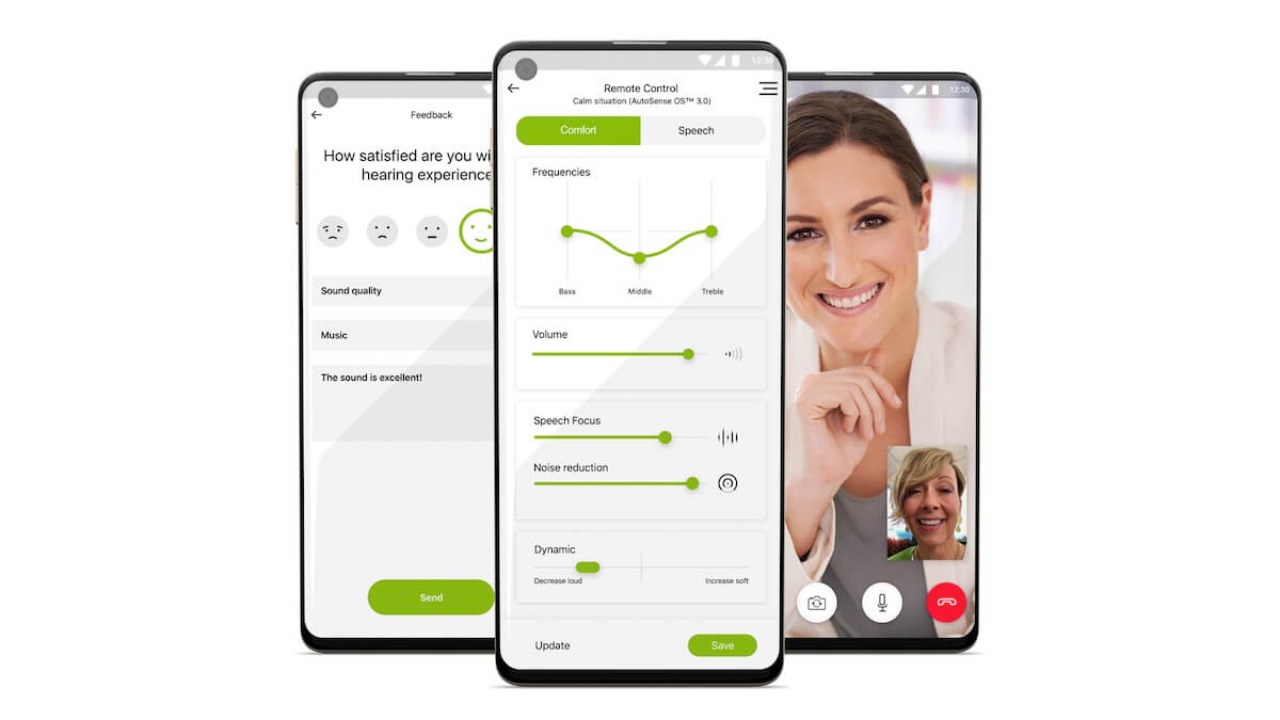So why are medical billing and coding important? Medical billing and coding play a crucial role in the healthcare industry, ensuring accurate and timely reimbursement for healthcare services. As technology continues to advance, the future of medical billing and coding outsourcing is undergoing significant transformation. This article aims to explore the emerging trends and innovations shaping the future of this industry.
Automation and Artificial Intelligence

Automation and artificial intelligence (AI) are revolutionizing the medical billing and coding landscape. AI-powered software can efficiently analyze medical records, extract relevant information, and accurately assign appropriate codes, reducing the manual effort required by human coders. Intelligent automation systems can also detect potential coding errors and provide real-time suggestions, improving accuracy and reducing claim denials. These advancements enhance productivity and reduce costs, making automation and AI indispensable in the future of medical billing and coding outsourcing.
Blockchain Technology
Blockchain technology offers a secure and transparent platform for managing medical billing and coding processes. It ensures the integrity and privacy of patient data, prevents fraud, and streamlines the claims settlement process. Blockchain enables the secure sharing of patient information across different healthcare providers, reducing administrative burdens and improving the coordination of care. By leveraging blockchain, outsourcing companies can enhance data security and improve the efficiency of medical billing and coding operations.
Telehealth and Remote Coding

The rapid expansion of telehealth services has necessitated the development of remote coding solutions. Remote coding allows medical billers and coders to work from any location, reducing geographical barriers and improving access to specialized expertise. With the help of secure remote access to electronic health records (EHRs) and virtual collaboration tools, outsourcing companies can assemble remote coding teams with diverse skill sets. This flexibility enables efficient coding and billing processes, ensuring accurate and timely reimbursement in the evolving telehealth landscape.
Data Analytics and Predictive Modeling
The abundance of healthcare data presents an opportunity for outsourcing companies to leverage data analytics and predictive modeling techniques. Analyzing vast amounts of historical claims data can uncover patterns, identify potential fraud, and optimize billing processes. Predictive modeling can help anticipate reimbursement trends, identify areas of improvement, and reduce claim denials. By incorporating data analytics and predictive modeling, outsourcing companies can enhance decision-making, increase revenue, and drive efficiency in medical billing and coding.
Compliance and Regulatory Changes
Compliance with healthcare regulations and staying up-to-date with regulatory changes are critical in medical billing and coding. Outsourcing companies need to adapt their processes to meet changing requirements, such as the transition to ICD-11 or updates in reimbursement policies. Keeping a close eye on regulatory developments and investing in robust compliance systems will be crucial for the future success of medical billing and coding outsourcing.
Conclusion
The future of medical billing and coding outsourcing is poised for exciting advancements driven by automation, AI, blockchain technology, telehealth, data analytics, and regulatory compliance. As these trends continue to shape the industry, outsourcing companies that embrace innovation and leverage these technologies will be at a significant advantage. By staying ahead of the curve, outsourcing companies can enhance accuracy, efficiency, and profitability while delivering quality healthcare services and ensuring optimal reimbursement for providers.

